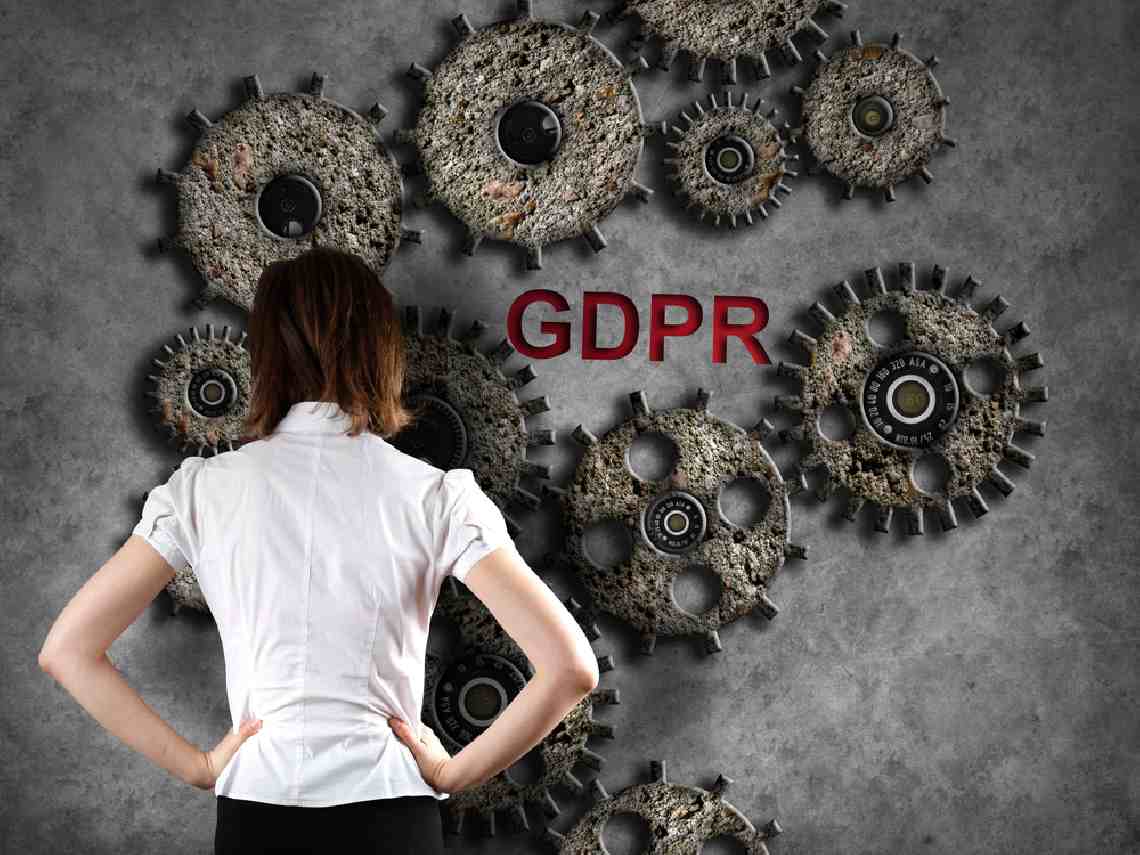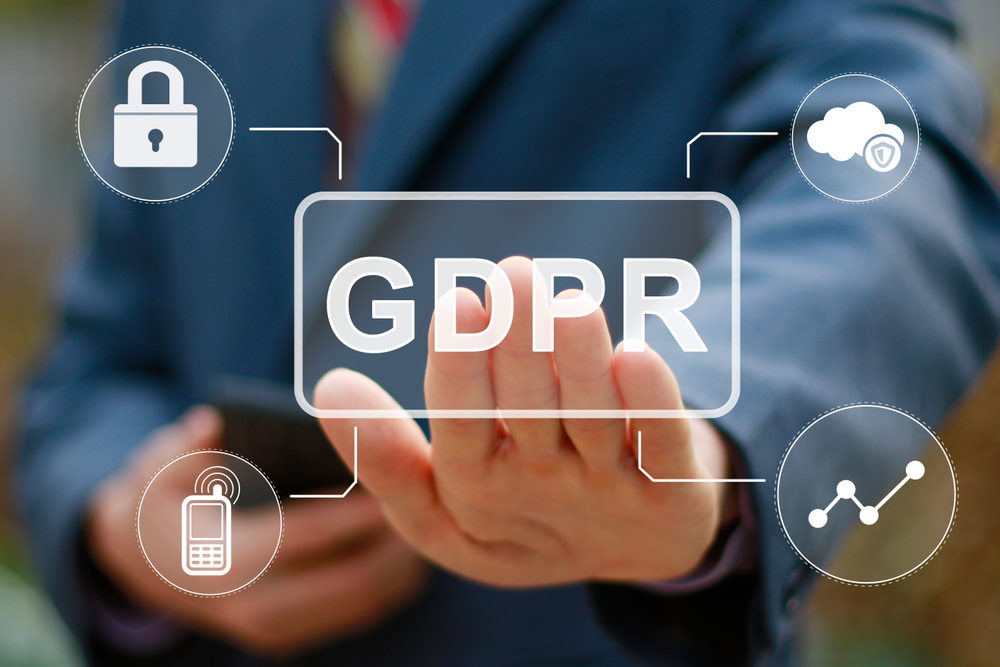- Improved Compliance
- Real Consumer Engagement
- Enable Digital Reorder
& Replenish
GDPR Implications
What is GDPR?
GDPR stands for General Data Protection Regulation. Essentially, GDPR is a set of regulations and rules that are designed to give citizens of the European Union better control over their personal data. It also aims to help make regulations for businesses simpler, so they can seek greater benefits within the digital economy.
The rules address issues regarding personal data, privacy, and consent.
GDPR applies to everyone who lives within the European Union, but it also applies to businesses they offer and sell their goods or services in any EU country as well. Overall, any major company or corporation will need to follow the rules and regulations of GDPR.
What are the Implications?
Although there are a lot of positive benefits we have seen with these regulations, they don’t come without their pitfalls as well. There are ups and downs to just about everything in life and we see this is GPDR.
One of the first negative implications of GDPR is the non-compliance penalties. There is a potential fine of up to twenty million Euros, which is a staggering number. If your company fails to protect customer data, or makes a mistake in the process, you could lose your business due to the severe monetary implications of not complying with GDPR.
GDPR can also affect data sets that are stored in private and public blockchains. When this happens, it makes it very hard for companies to store their data in blockchains due to the regulations strict policies.
Smaller businesses also tend to suffer from GDPR regulations as well. The companies that are the most equipped to handle these regulations are huge corporations such as Facebook, Google, and Amazon. Big corporations are able to allocate heaps of time, money, and resources into their tech and legal teams to handle these regulations, but small companies simply do not have the money revenue or the staff to help with the regulations of GDPR.
Therefore, small companies are much more likely to experience fines and penalties due to their lack of ability to handle the regulations. Often times, this can lead to the company going out of business.
We also see a lot of implications for private citizens as well in the form of restricted technology access. Apps on smartphones and the computer often store basic personal information like your name, email, phone number, age, location, etc.
Since thee apps and developers store this information they have to follow the GDPR regulations. Since many of these apps are owned by smaller companies many developers will not make apps for EU citizens because they do not have the means to follow these regulations effectively and efficiently. This restricts a lot of access for EU citizens looking to use certain apps and forms of new technology.
Final Thoughts
In the end, there are likely more benefits than drawbacks with GDPR, but as with anything, there can be some serious drawbacks and implications as well.
Overall, some of the implications mentioned above can have detrimental effects on small businesses, companies that do not comply, and even private EU citizens are affected as well.

